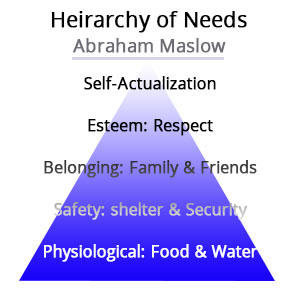Loving yourself isn’t about being self-absorbed, but about caring for yourself in the ways you wish to be treated. The way you care for yourself indicates to others how you perceive your own value and worth. You teach people how to treat you when you love yourself: that you are worthy of respect and care and love. You know yourself better than anyone else does, and if you don’t care for yourself and treat yourself with respect, why should anyone else? Start by realizing your own value and treat yourself the way you wish to be treated.
The Basics of Loving Yourself:
Treat yourself with the love and care you would give the person you love most in life. Love your self. Care for your self.
Speak to your self with kindness. You know what I mean. Listen to the thoughts that are going through your head- hundreds per hour. Are they affirming, encouraging, supportive and loving? If not, it’s time to start speaking with kindness and respect to yourself.
You are taking the initiative to learn and do something someone else has done for you and you will now do for yourself – self care. Good for you! Self care takes practice so give yourself some grace.
Abraham Maslow, in A Theory of Human Motivation, defined the needs of humans in a pyramid. He stated that each level needed to be taken care of for the next higher one to be. For example, if one is deprived of food and water, they are not worrying about becoming their best self. So, taking care of your basic needs of food and water and organizing your shelter (home-care) and security (you and money), you can move on to improving relationships with friends and family, developing self-esteem and finally becoming the best and most complete you possible.
As great as you are, you are not Superman or Wonder Woman. There are limitations to what you can do. You probably can do and be much more than you think, but the wise person knows his limitations. In this case I am referring to the fact that there are only 24 hours in a day, and some of that needs to be spent in sleep, self-care, and life maintenance. These are the 3 areas for which young people (and workaholics) especially don’t allow enough time.
More on recognizing and working with limitations next time.






